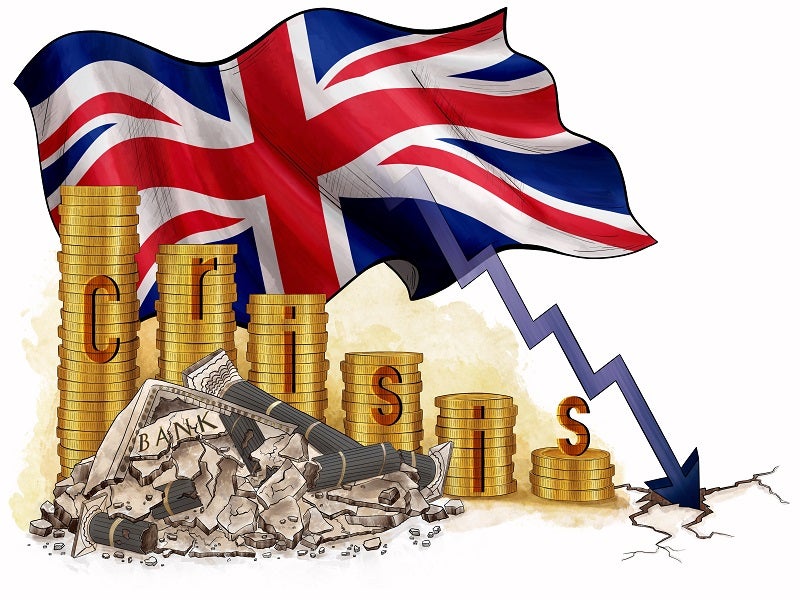The UK economy is entering recession, having recorded its biggest contraction in history in Q2 due to the Covid-19 pandemic. Experts believe the worst is over and the economy is showing signs of recovery. The government should focus on the steps needed for maintain and improve the recovery. Macroeconomic influencers share their views on the Covid -19 impact.
Linda Yueh
Linda Yueh, an economist at the University of Oxford, tweeted on the UK officially entering the largest recession for the first time in 11 years. The lockdown measures implemented due to the Covid-19 pandemic caused the UK GDP to contract by 20.4% in the second quarter of 2020.
A video in the tweet includes views expressed by Rupert Harrison, an economist, on how the recession is deeper than expected but the economy is showing signs of a V-shaped recovery. The majority of the sectors that were impacted by the lockdown measures are shown to be bouncing back. The full recovery of the economy and decline in unemployment still remains uncertain, Harrison added.
The UK economy is officially in the 'largest recession on record' (includes my video) https://t.co/ICPDmvBqKz
— Linda Yueh (@lindayueh) August 12, 2020

US Tariffs are shifting - will you react or anticipate?
Don’t let policy changes catch you off guard. Stay proactive with real-time data and expert analysis.
By GlobalDataStephany Griffith-Jones
Stephany Griffith-Jones, an economist specialising on financial crises, tweeted on how the GDP contraction of the UK economy at 20.4% is in line with the estimates provided by the Bank of England at 21%.
The tweet also includes a comparison of the GDP contraction across the world in Q2. Contraction of the UK GDP is the worst compared to other countries and is second only to Spain and twice as severe as the US.
2020Q2 GDP comes in at -20.4%, little different to @bankofengland estimate of -21%.
International comparisons show Q2 figure worse than all countries so far reporting, and total decline since 19Q4 of -22.1% second worse (just) to Spain. As ONS say, twice as severe as US (so far) pic.twitter.com/FYHOW9TRgY
— geoff tily (@geofftily) August 12, 2020
Christophe Barraud
Christophe Barraud, an economist and strategist, shared an article on the stimulus impasse in the US. Despite the Federal Reserve considering that another round of stimulus is vital for the recovery of the US economy, Republicans and Democrats are yet to reach a consensus on a stimulus package.
Republicans want the Democrats to reduce their demands for state and local aid to restart discussions. The impasse is expected to continue until September, which could worsen the economic downturn in the country.
⚠ Morning Brief ⚠
🇺🇸 Stimulus impasse
🇺🇸 #Fed revises pricing on MLF
🇳🇿 #RBNZ Expands Bond Purchases as #Auckland prepares for lockdown
🇬🇧 Q2 PRELIMINARY GDP Q/Q: -20.4% V -20.7%E
*More ⬇https://t.co/6QpAhFodDS
— Christophe Barraud🛢 (@C_Barraud) August 12, 2020
Adam Posen
Adam Posen, president of Peterson Institute for International Economics, shared an article on how the pandemic is increasing purchases by sovereign wealth funds (SWFs). Designed to diversify the investments made by Saudi Arabia, these funds have the potential to expand their authoritarian rule over the population in other countries.
Oil rich countries such as Saudi Arabia have failed to diversify their economies and face an uncertain future once their oil reserves are gone. SWFs act as a buffer and enable them to diversify their non-resource asset base. The purchases made by SWFs may have long-term effects that can heighten geo-political tensions.
https://twitter.com/AdamPosen/status/1293319750475448326




